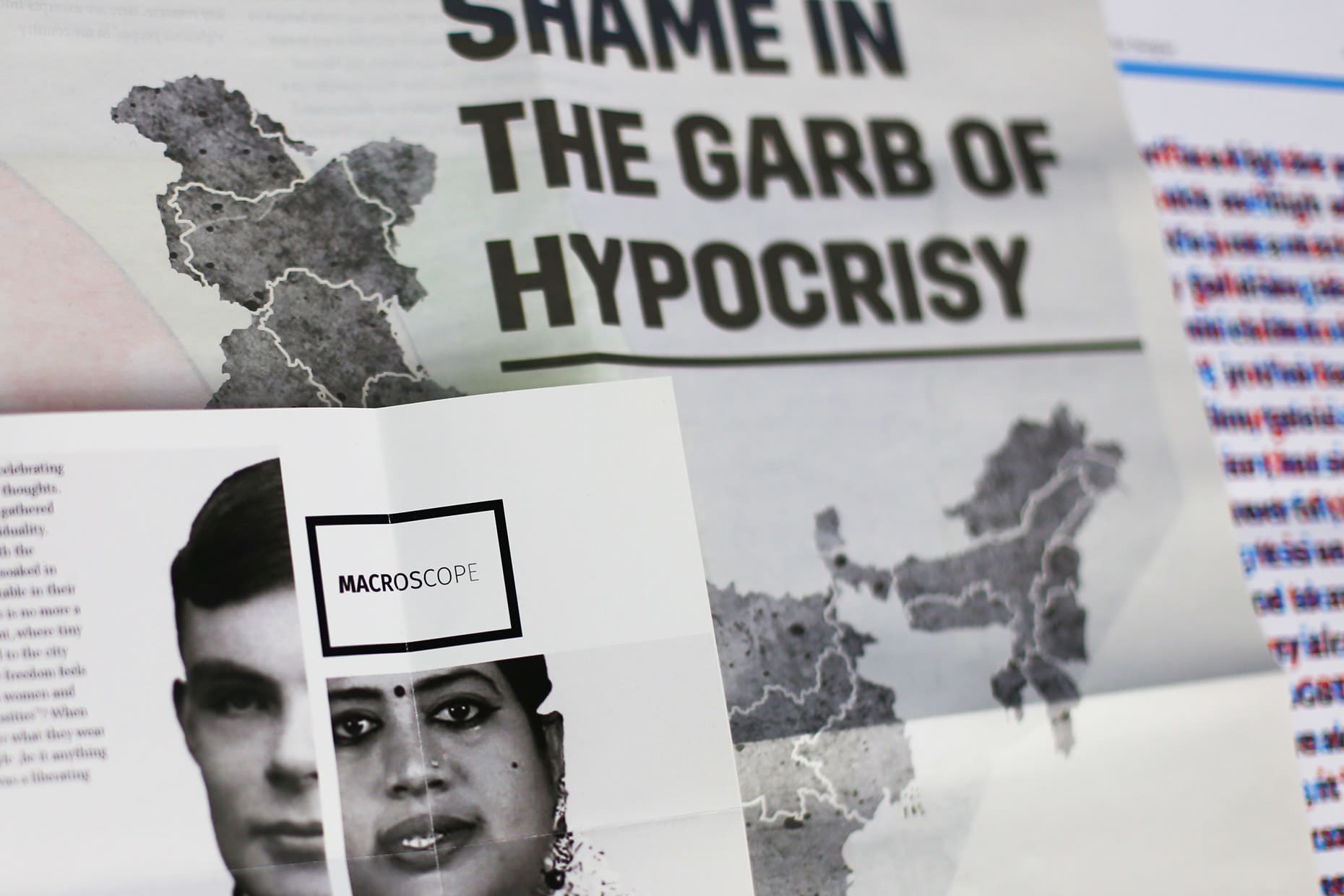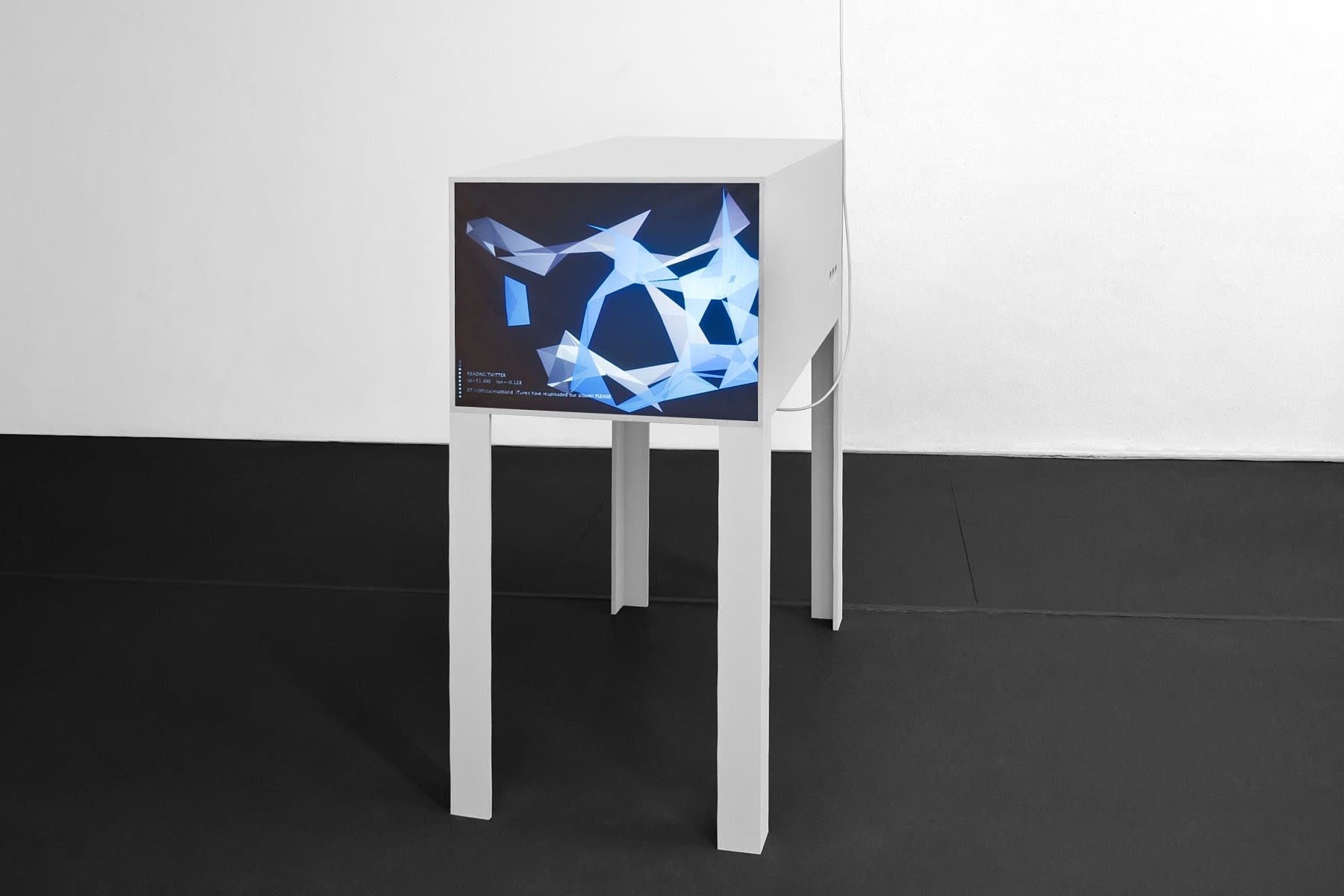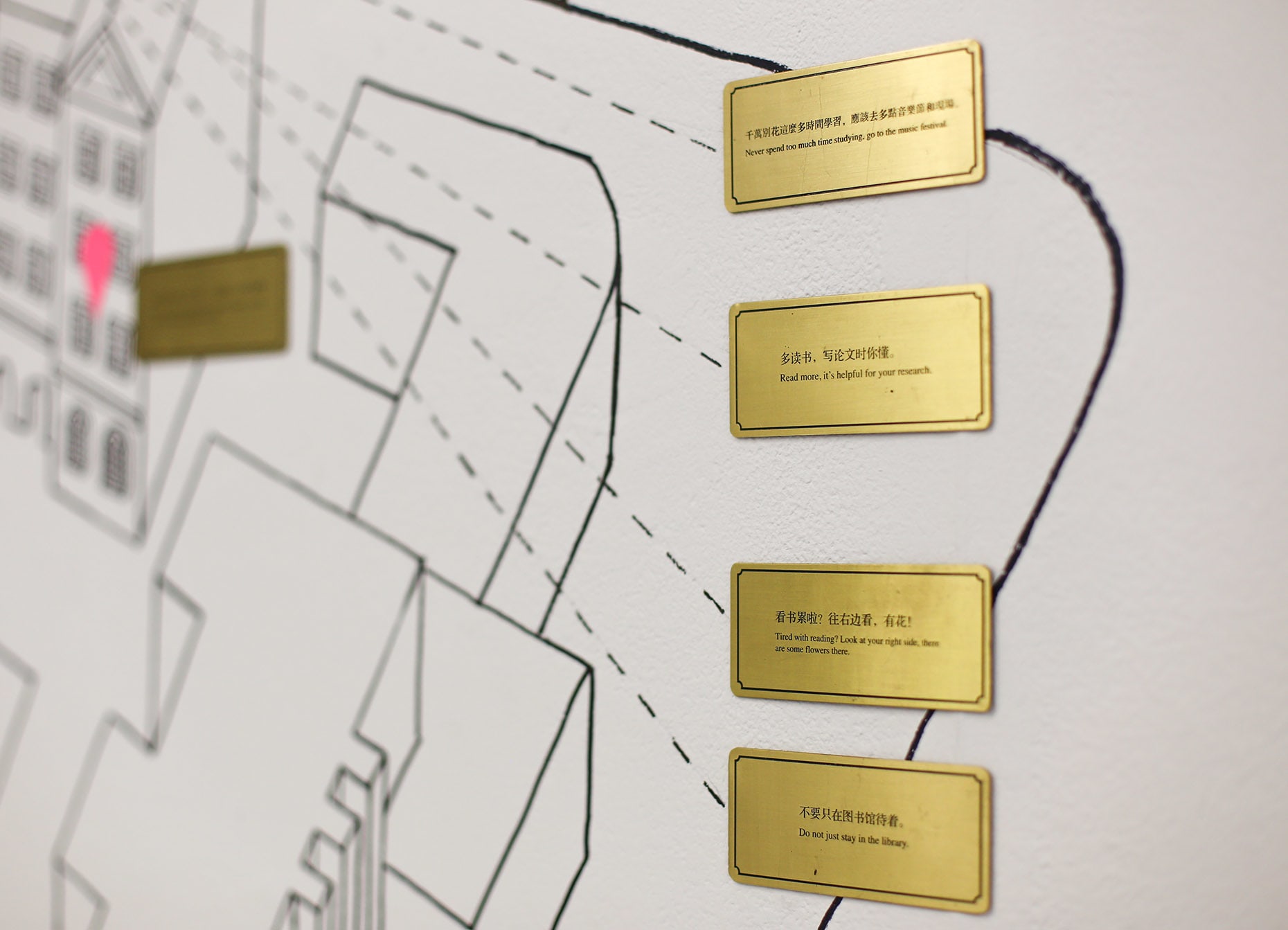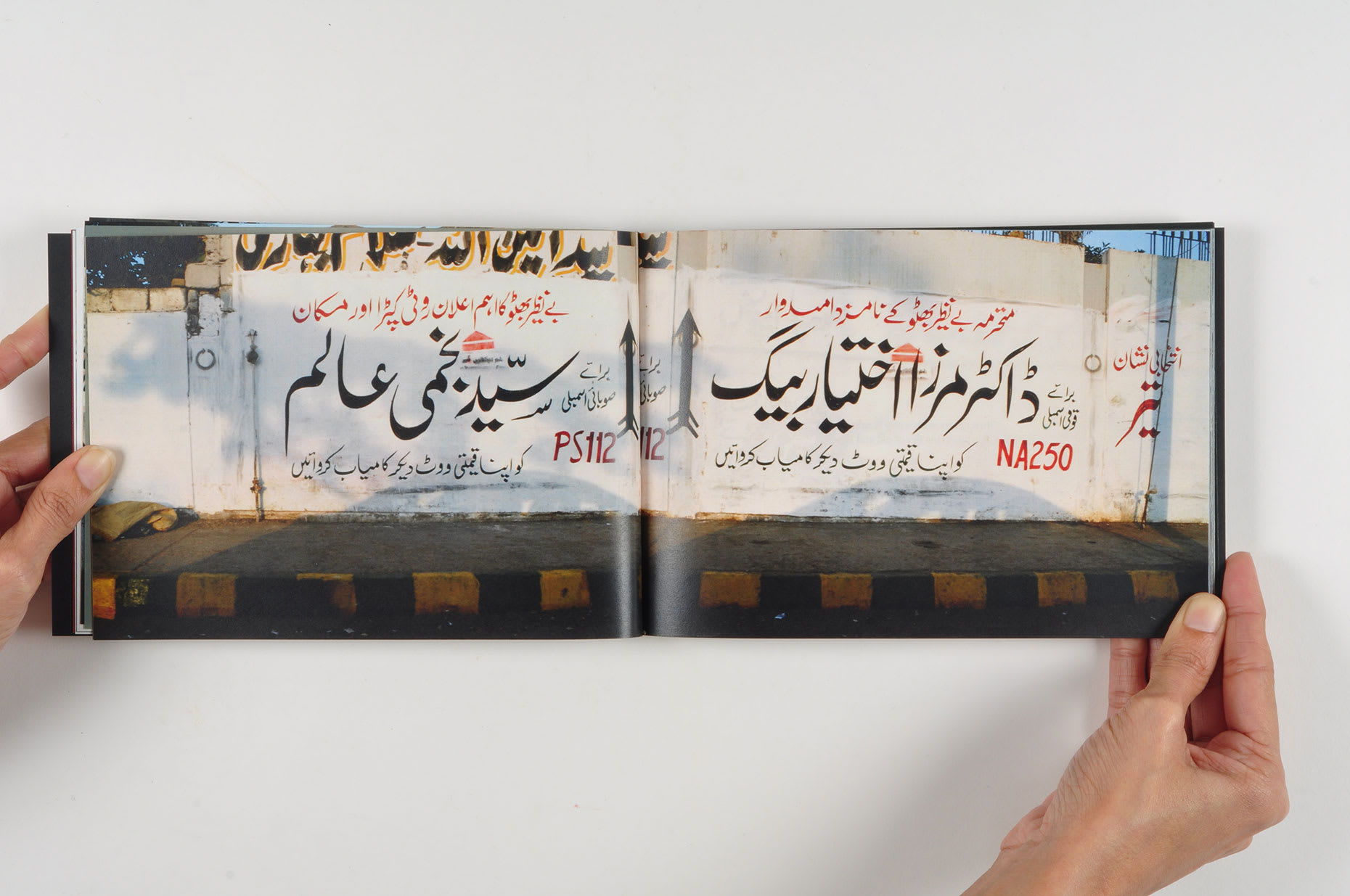Course units
Unit 1: Exploring emergent design contexts and practices
Unit 1 introduces you to contemporary questions within graphic design communication through a series of research themes. These key questions will help you make connections between your interests and emerging international communities of design practice. You’ll explore and implement new ways to test your designs, critically evaluating the relationship between an audience, participant or user and your own practice.
You will research, design and evaluate encounters between people and your work, both independently and through collaborative events. These experiments will allow you to develop your testing methods specific to your practice and contexts of engagement.
Unit 2: Developing a design framework: critical and practical
A framework is a system for understanding, planning and acting within a given context and will help you structure your approach to design practice. Having identified areas for exploration through your research, you’ll start to incorporate this knowledge and skillset into your own design framework.
In developing your framework, you’ll explore traditional graphic design communication methodologies alongside other emergent practices. These explorations will help you develop interdisciplinary knowledge and new practical skills. You’ll also engage with alternative ways of thinking and contexts of work, which will culminate in a public event.
Unit 3: Designing modes for communication and engagement
Building on your previous experiments, this final unit has 2 distinct purposes. Firstly, to refine your project outcomes in relation to your chosen practice. Secondly, to consider and innovate how audiences engage and participate with your designed outcomes.
Through this final project, you’ll develop specialist techniques for both communicating and disseminating experiences and materials from your work. You’ll tackle exercises and activities that explore different methods for co-designing with publics and collaborators. You’ll also learn how to embed your work within networks and communities as well as curate your creative identity and professional practice.
Note: 120 Credits must be passed before the final unit is undertaken.






